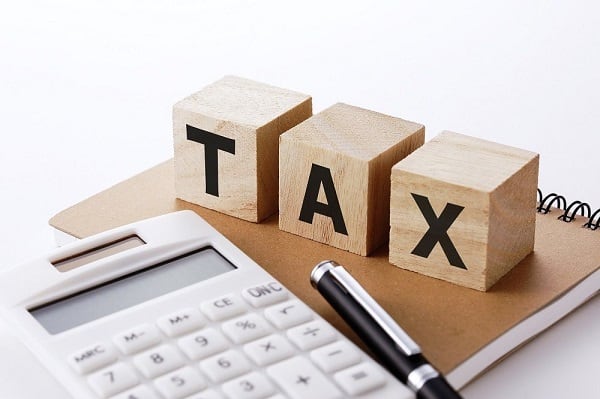In a striking example of identity theft fueling tax-evasion schemes, GST authorities have uncovered a ₹5 crore input tax credit (ITC) fraud orchestrated under the name of an unassuming Delhi labourer. The case highlights deep vulnerabilities in India’s indirect tax framework and the ease with which unscrupulous operators can exploit it.
Fake Invoices and Phantom Firms
The fraud came to light when a low-income construction worker, Raju Lal, received a notice demanding GST payments on transactions he had never conducted. An audit by the Rajasthan GST Intelligence Unit revealed that seven shell companies, none of which had any visible business operations, had used Mr. Lal’s name and Aadhaar to generate ₹5 crore worth of bogus invoices. These firms ostensibly claimed ITC on the purchase of steel, cement, and machinery parts—inputs that Mr. Lal, who earns barely ₹10,000 per month, could never have purchased.
Investigators say the syndicate opened multiple GST registrations in Delhi, Haryana, and Uttar Pradesh, each linked to shadow directors and cut-out addresses. Fake invoices were circulated electronically to legitimate businesses, who then claimed credits and offset them against future tax liabilities, effectively siphoning funds from the exchequer.
Tracing the Puppet Masters
Rajasthan GST officials coordinated with Delhi and Haryana counterparts to track the flow of funds. Bank statements showed rapid movement through 67 bank accounts before final disbursement to unknown beneficiaries. In one instance, ₹1.2 crore transferred to a purported “hardware supplier” in Noida turned out to be routed through a network of mule accounts held by daily-wage workers.
Sanjay Rathore, Joint Commissioner of GST, described the operation as “highly organised,” exploiting digital filing systems without physical verification. “They weaponised automation and lax KYC checks,” he said, “turning honest labourers into unwitting fronts for massive fraud.”
Reforms and Preventive Measures
In the wake of this case, GST authorities are ramping up in-person verification of new registrants, mandating video KYC checks, and integrating bank-linking requirements to ensure that input credits are only claimed against actual purchases. The government is also accelerating the rollout of e-Invoicing and e-way bill data analytics to detect anomalies in real time.
Tax experts argue that while technology can close loopholes, without stringent enforcement and public-private data sharing, fraudsters will continually adapt. The Directorate General of GST Intelligence (DGGI) is now probing other suspicious registrations flagged by pattern-matching algorithms.



